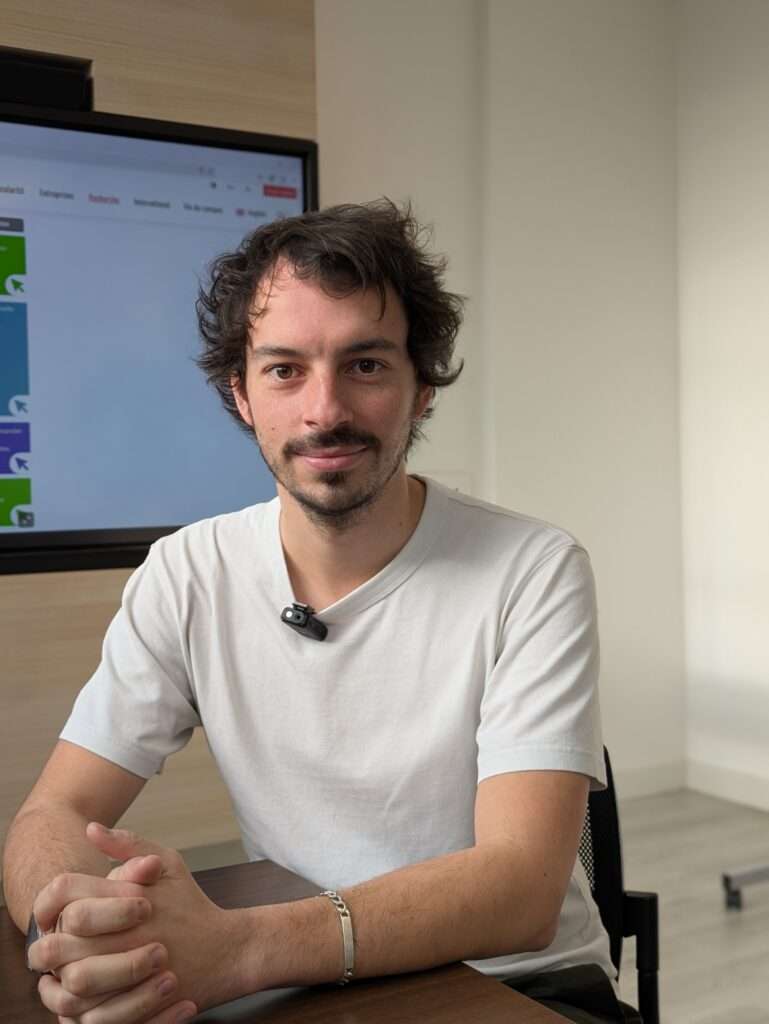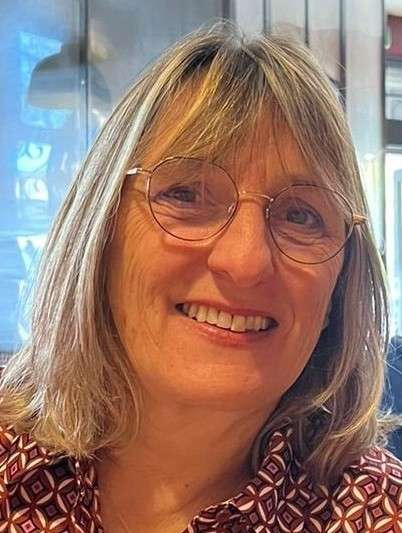Focus on the PHySE research team
The Pathogènes Hydriques Santé Environnements (PHySE) team of UMR 5151(HydroSciences Montpellier), co-directed by Prof. Estelle Jumas-Bilak and Dr. Patricia Licznar-Fajardo, is involved in the study of new water-related infectious risks, in connection with antibiotic resistance, disease emergence and population vulnerability. Patricia Licznar-Fajardo, focuses on the study of new water-related infectious risks, in relation to antibiotic resistance, emerging diseases, the vulnerability of populations and ecosystems, traditional and emerging risks in developing countries, and the need to develop new monitoring tools.
Research areas
- Compare pathogen diversity and dynamics in anthropized hydrosystems and in humans, especially vulnerable patients.
- Understand the evolutionary mechanisms of waterborne pathogens: virulence, persistence, transmission and resistance.
- Study the interactions between hosts (humans, arthropod vectors), water and pathogens to better understand their persistence and transmission.
- Analyze the impact of climatic, hydrological and abiotic constraints on the emergence and dissemination of waterborne pathogens.
- Linking the dynamics of bacteria and viruses in water to the epidemiology of human infectious diseases.
- Identify and validate methodologies and indicators to study and monitor emerging infectious risks linked to or revealed by water, and propose means of control and integrated responses.
Hospital activities
Part of the PHySE team has hospital-based activities at the Service de la Prévention des Infections et de la Résistance (SPIR) at Montpellier University Hospital and at the Laboratoire de Microbiologie et Hygiène Hospitalière at Nîmes University Hospital. These strong links with the hospital enable the PHySE team to tackle scientific questions in health-environment related to hospital issues.
In this context, the team is interested in the diversity, dynamics of microbial colonization and adaptation of waterborne pathogens in the respiratory tract of cystic fibrosis patients, who are particularly vulnerable to chronic pulmonary infections by these pathogens.
Infectious risks are also studied in the hospital environment, close to the patient, as well as the emergence, persistence and spread of antibiotic resistance in hydrosystems such as rivers, groundwater, wastewater and coastal waters. Another example of the link between research activities and the hospital, the PHySE team was at the forefront of the COVID crisis and is now responsible for COVID epidemiological monitoring at the CHU.
A cross-functional, collaborative approach
Beyond its research themes, PHySE embodies the importance of collective work in science. Each member, from PhD student to technician, plays a key role in the construction of knowledge and scientific innovation. Vincent Jean-Pierre's work on Achromobacter and Isabelle Zorgniotti's day-to-day commitment illustrate this dynamic, where expertise and transmission are combined to better understand and prevent water-related infectious risks.
Vincent JEAN-PIERRE, pharmacist-biologist, University Hospital Assistant (AHU) in Bacteriology at Nîmes University Hospital and Montpellier Faculty of Pharmacy
What's your background?
I began my pharmacy studies in Montpellier, where I quickly developed an interest in teaching and research. Involved as a tutor in organic chemistry, I was also vice-president of the Association des Tuteurs en Pharmacie.
At the same time, I completed my first research internship in therapeutic chemistry under the supervision of Prof. Vincent Lisowski, focusing on the synthesis of anti-cancer molecules. I then did my "introduction to research internship" in the bacteriology laboratory under the supervision of Pr. Hélène Marchandin, where I studied toxigenic S. aureus colonization in cystic fibrosis patients. This immersion in microbiology confirmed my interest in this discipline.
I continued with an internship in Medical Biology in Grenoble, while reinforcing my pedagogical and scientific skills with a DU in Pedagogy and a Master 2 in Infectious Diseases. My doctoral thesis on vaccine targets for the Epstein-Barr virus and my DES dissertation on toxoplasmosis serology enriched my training in virology and medical diagnostics.
Read more
Why did you choose the internship option?
Coming from a family of teachers, I've always wanted to pass on my knowledge. My role as a tutor and my passion for bacteriology naturally led me towards an internship, combining hospital practice and research.
Today, to be an AHU in the faculty that trained me and alongside the team that nurtured my vocation is a real honor.
What's your thesis about?
Currently in the 3rd year of my PhD, I'm conducting my research as part of the PHySE team. My thesis topic, entitled "Epidemiological success of opportunistic pathogens of the Achromobacter genus: study of virulence and persistence factors", aims to better understand how these bacteria manage to adapt, persist and cause infections, particularly in cystic fibrosis patients.
My work explores little-known mechanisms such as siderophore production, cytotoxicity, antibiotic resistance and the ability of these bacteria to adhere, key elements in their virulence. By shedding light on these little-known aspects, this research could pave the way for new strategies to combat these opportunistic Achromobacter infections.
Is your hospital work related to your thesis?
Although Nîmes University Hospital does not have a Cystic Fibrosis Resource and Competence Centre (CRCM), my team is collaborating with Dr. Raphaël Chiron of the Montpellier CRCM on several research projects, reinforcing the clinical relevance of my work.
How do you see the future?
I'm aiming to obtain my PhD from the University to pursue a career in hospital teaching as an MCU-PH in bacteriology.
Isabelle Zorgniotti, exceptional class technician
A career built on experience and motivation
I joined the laboratory in 1992 as a technical assistant in charge of the preparatory department. I prepared and sterilized culture media and other reagents. I progressed thanks to my motivation and the teacher-researchers who trained me in microbiology techniques. I progressed through internal competitive examinations, becoming a technician in 2012, then a senior technician in 2016 and an exceptional technician in 2020.
A shared role between teaching and research
My time is divided between teaching and research. In teaching, I prepare and organize bacteriology practical work, look after the equipment and assist the students during the sessions.
In research, I work with the PHySE team at UMR HydroSciences Montpellier, supporting PhD students and trainees on various health and water-related projects.
Read more
Applied research projects
I work with the Centre de Ressources et de Compétences de la Mucoviscidose at Montpellier University Hospital. I took part in a study funded by "Vaincre la Mucoviscidose", comparing bacteria in patients' respiratory tracts with those in their domestic environment. As part of Vincent Jean-Pierre's research, I worked on assessing the sensitivity of Pseudomonas aeruginosa isolates to antibiotics.
In another project with the CHU's forensic service, I contributed to the development of a PCR technique to help determine the cause of death in cases of suspected drowning.
I'm also involved in research into antibiotic resistance, currently accompanying a hydrogeology student from another HSM team, carrying out bacteriological analyses of groundwater.
Essential support for students
I welcome and train doctoral, master's and pharmacy students, making them aware of laboratory rules and best practices. I teach them bacteriology and molecular biology techniques and how to use the equipment. As a reference for orders, I advise them on the choice of reagents and consumables.
Together with my colleagues, we ensure their supervision and the smooth running of their research, thus contributing to their training and scientific advancement.

